


A class action lawsuit has been filed against AstraZeneca in the UK after court documents revealed that the company's Covid vaccine, Covishield, can cause a rare side effect known as TTS. This condition, characterized by blood clots and low platelet count, has resulted in serious injuries and deaths for some patients who received the vaccine. Despite the company's admission, AstraZeneca maintains that the vaccine is not "defective" and that TTS can occur even without vaccination. The lawsuit seeks damages of up to 100 million pounds from the pharma giant.
Covishield Heart Attack: A Class Action Lawsuit and Safety Concerns
Background:
Covishield is an adenovirus-based COVID-19 vaccine manufactured by the Serum Institute of India under license from AstraZeneca. The vaccine has been widely used in several countries, including India, the UK, and many others.
Class Action Lawsuit:
A class action lawsuit has been filed in the UK High Court against AstraZeneca, alleging that its Covishield vaccine can cause a rare side effect known as Thrombosis with Thrombocytopenia Syndrome (TTS). TTS is a condition characterized by blood clots in unusual locations, such as the brain or abdomen, accompanied by a low platelet count.
Company Response:
AstraZeneca has acknowledged that TTS can occur as a side effect of its vaccine, but maintains that the vaccine is not "defective." The company has stated that TTS is an extremely rare condition, affecting only a small number of individuals who receive the vaccine.
Health Concerns:
The lawsuit has raised concerns about the safety of the Covishield vaccine. While TTS is a rare side effect, it can be life-threatening in some cases. The lawsuit alleges that AstraZeneca failed to adequately inform the public and healthcare professionals about the risks of TTS.
Top 5 FAQs and Answers:
1. What is Thrombosis with Thrombocytopenia Syndrome (TTS)?
TTS is a condition characterized by blood clots and low platelet count. It is a rare but serious side effect of certain COVID-19 vaccines, including Covishield.
2. How common is TTS?
TTS is extremely rare, occurring in fewer than 1 in every 100,000 people who receive the Covishield vaccine.
3. What are the symptoms of TTS?
Symptoms of TTS can include:
4. What is the treatment for TTS?
TTS is treated with medications to prevent blood clots and increase platelet count. Treatment must be started as soon as possible to improve the chances of recovery.
5. What should I do if I experience symptoms of TTS?
If you experience any symptoms of TTS after receiving the Covishield vaccine, it is important to seek medical attention immediately. Informed decisions should be made regarding vaccinations after discussing with the doctors and by following up with the latest information from health organizations on the subject
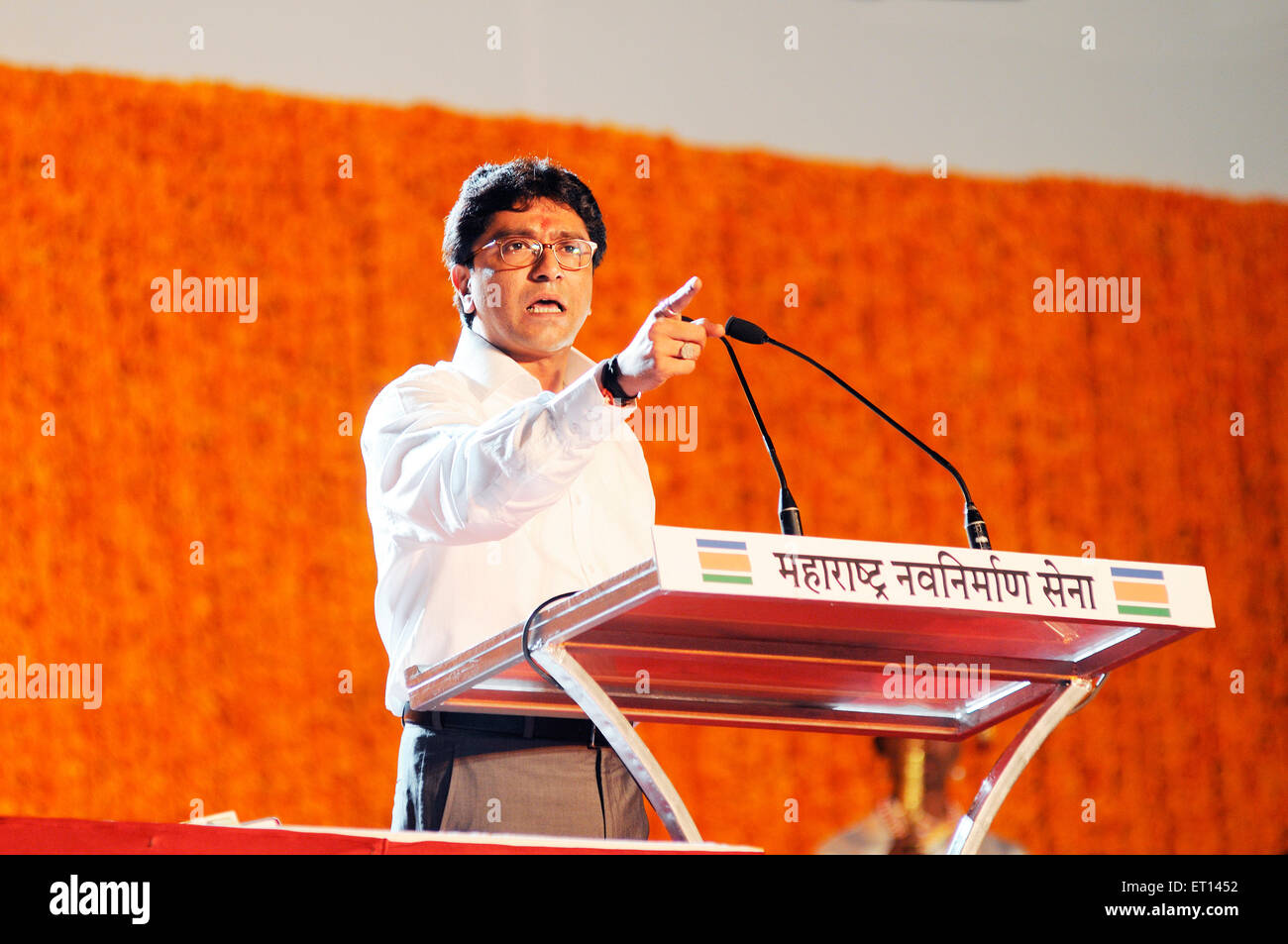
Amidst a series of incidents involving MNS activists resorting to violence against non-Marathi speakers, party chief Raj Thackeray has declared a revival of the party's "Mi Marathi" campaign. The ruling Mahayuti and opposition MVA parties have remained cautious in their reactions, with Chief Minister Devendra Fadnavis stating that demanding Marathi in Maharashtra is not wrong but violence will not be tolerated. While the BJP is reportedly backing the MNS for the upcoming BMC polls, former NCP minister believes it is a ploy to weaken the Shiv Sena-led alliance. The MNS, which has been struggling in the state elections, has found an opportunity to regain political relevance under Thackeray's leadership.
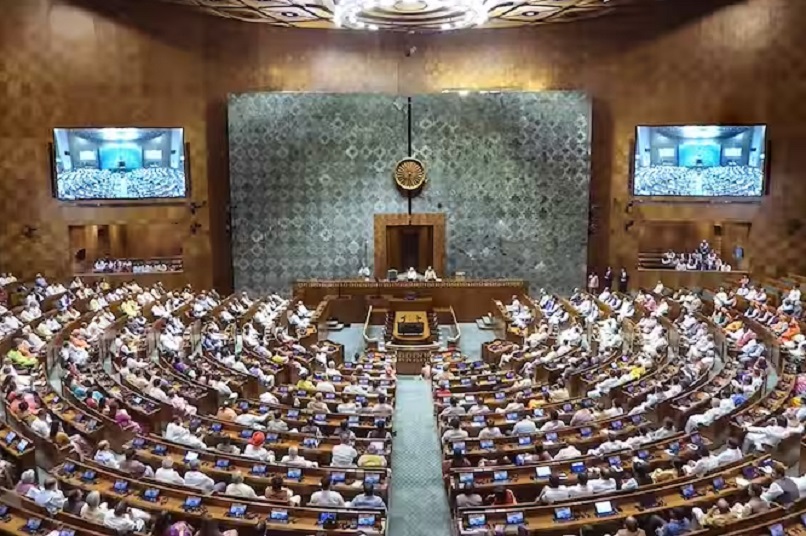
The Waqf Amendment Bill 2025 was passed by Parliament after a 13-hour long debate in the Rajya Sabha. The government hailed it as a "historic reform" for the benefit of the minority community, while the opposition criticized it as "anti-Muslim" and "unconstitutional". The revised bill, which aims to enhance the management and registration process of waqf properties, was approved by both Houses of Parliament and awaits presidential assent to become law. The Union Minority Affairs Minister noted that the Joint Parliamentary Committee's consultation process for this bill was the largest in India's democratic history, receiving over 97 lakh petitions and opinions from various stakeholders.
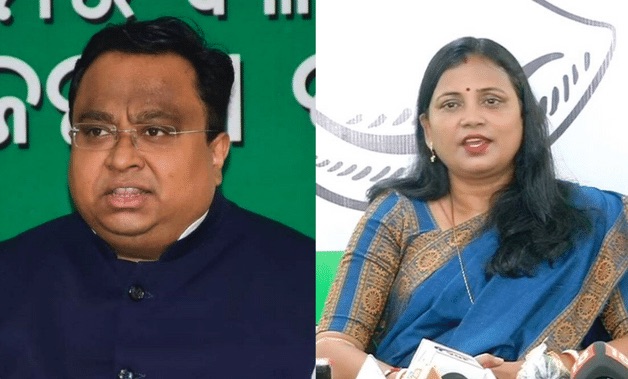
In a surprising turn of events, the ruling Biju Janata Dal (BJD) allowed its seven Rajya Sabha MPs to vote their conscience instead of following the party whip, resulting in the passage of the controversial Waqf (Amendment) Bill in the Upper House. The final tally of 128 in favour and 95 against exposes divisions within the Opposition, with some parties raising concerns about the bill's potential impact on minority communities. BJD's decision to allow a free vote was driven by the party's sensitivity towards various sections of the minority community.

After Rajya Sabha passed the Waqf Amendment Bill with 128 votes in favour and 95 opposing it, JDU Minority Secretary Shah Nawaz Malik resigned from the party and other posts in protest against the party's stand on the bill. He stated that the party's support for the bill was a betrayal of Indian Muslims and went against their belief in the party's secular ideology. The bill, which aims to enhance the administration and management of waqf properties, is facing widespread opposition from the minority community, with the Grand Mufti of Jammu and Kashmir, Mufti Nasir-ul-Islam, calling it anti-Muslim and stating that the community is planning to challenge it in the Supreme Court.

Tamil Nadu Chief Minister MK Stalin has declared that his political party, the DMK, will challenge the recently passed Waqf Bill in the Supreme Court. The CM condemned the passing of the amendment at 2 am, alleging pressure from a few allies, despite opposition from most parties in India. He also highlighted that the state Assembly has already passed a resolution opposing the amendment, and that a case will be filed in the Supreme Court on behalf of the DMK. The Waqf Bill seeks to improve the administration and management of waqf properties in India, but its passing has been met with criticism and opposition.
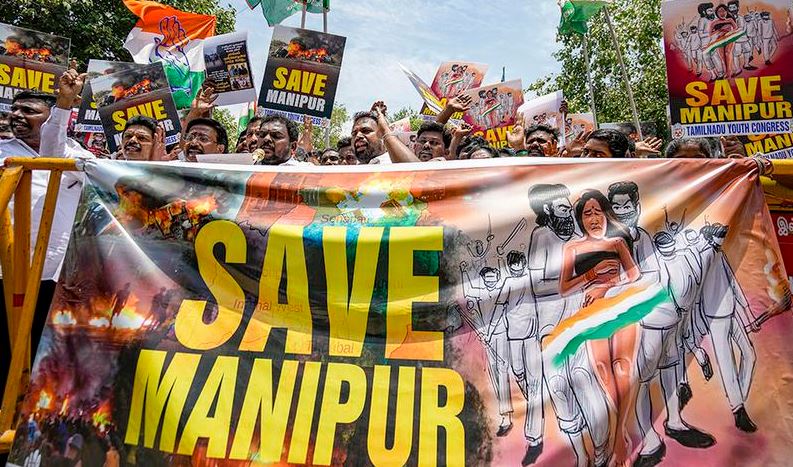
The Lok Sabha was in session until the early hours of the morning, debating and passing important bills. However, amidst the proceedings, the government initiated a short discussion on the proclamation of President's Rule in Manipur at 2 AM which lasted only 41 minutes. The Opposition was surprised and protested, but the Speaker allowed the discussion to continue. Congress MP Shashi Tharoor, in his speech, highlighted the failures of the government in maintaining law and order in Manipur and questioned the timing and necessity of the President's Rule.
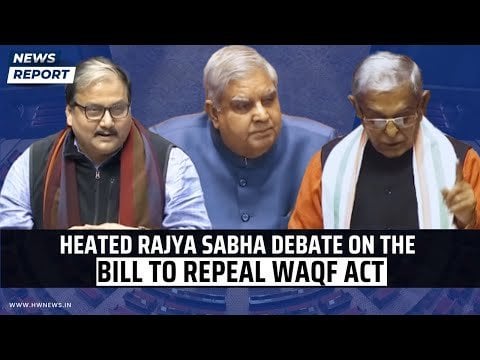
The Waqf Amendment Bill, which was earlier passed by the Lok Sabha, sparked a heated debate in the Rajya Sabha today. While BJP MP JP Nadda defended PM Modi's welfare for all principle, Shiv Sena MP Sanjay attacked the BJP for ignoring the interests of Muslims. Union Minister Giriraj Singh also joined in, accusing the Congress of crossing the limits of appeasement by giving away 123 properties to Waqf in Lutyens' Delhi overnight in 2013. The debate highlights the deep division and polarizing views over the proposed amendments to the Waqf Act in Uttar Pradesh, the state with the highest number of Waqf properties in the country.

In a digitized effort, Chief Minister Devendra Fadnavis transferred a grant of ₹25 crore to 560 gaushalas across the state under the Desi Cow Conservation Scheme. This first phase of the scheme will benefit over 56,000 indigenous cows for their upkeep. Fadnavis emphasized the importance of preserving indigenous cows for rural development and praised the initiative taken by the Maharashtra Goseva Commission. With lower milk productivity, these cow shelters play a vital role in providing necessary care for non-milking and unproductive cows, making the scheme a major relief for them.

Samajwadi Party chief Akhilesh Yadav criticized the BJP for taking 10 months to select a national president, while Amit Shah countered by pointing out dynastic practices among opposition parties. Reports suggest that the BJP will announce its new national president by the third week of April to replace JP Nadda. Nadda's tenure was extended until June 2024, but the new president will still be chosen after a process involving the party's 12-13 crore members.
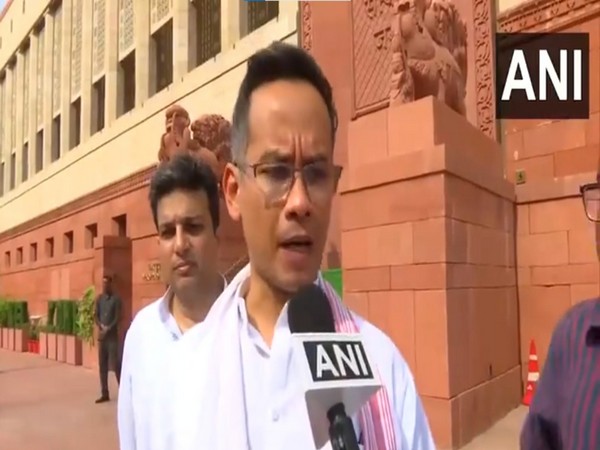
Congress MP Gaurav Gogoi vehemently opposes the Waqf amendment bill during a Lok Sabha discussion, stating that it is an attack on the foundation of Parliament and the Constitution. He also alleges that the government has ulterior motives for pushing the amendment, including diluting the Constitution, defaming minorities, dividing society, and disenfranchising the minority community. He questions the timing of the amendment and accuses the BJP-led government of restricting religious freedoms in India.